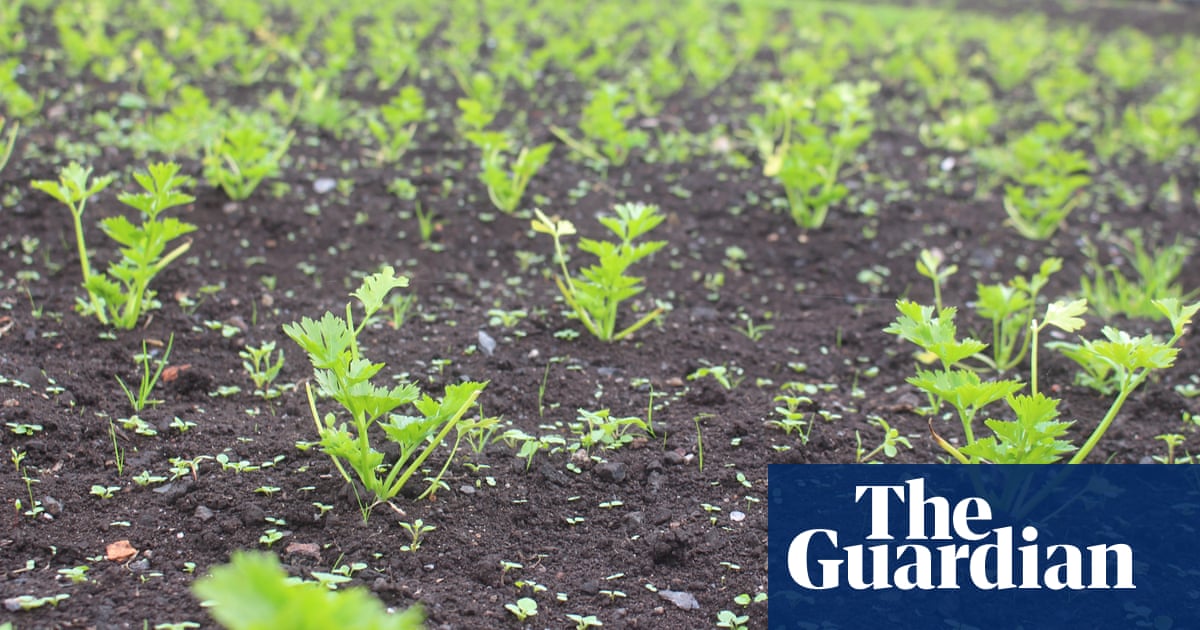
Could celery help fight climate change? Peatlands in lowland Britain have been drained for agriculture and releasing carbon for years, but paludiculture, or wet farming, aims to rewet drained peatland and grow crops that can tolerate high water levels. In Greater Manchester, the local wildlife trust is growing celery on bogland that was drained for farming, leaving a small relic of old peat below the surface. The drains and ditches of the old field were blocked up, the water table allowed to rise 10cm to 50cm below the surface, preventing the peat releasing its carbon, while celery has been planted – a crop that tolerates wet conditions.
In the Fens, cattail bulrushes are being grown in rewetted old peat, then harvested and processed as fireproof insulation for housing, biodegradable food packaging, and as compost for commercial growers. The plants also clean up excess nutrients from the water they grow in and help store water. At the Great Fen in Cambridgeshire, a paludiculture trial is growing sphagnum moss. This is highly absorbent and naturally antiseptic, and was used as bandages in the first world war. The top of the moss can even be turned into a substitute for peat compost for growing seedlings.












